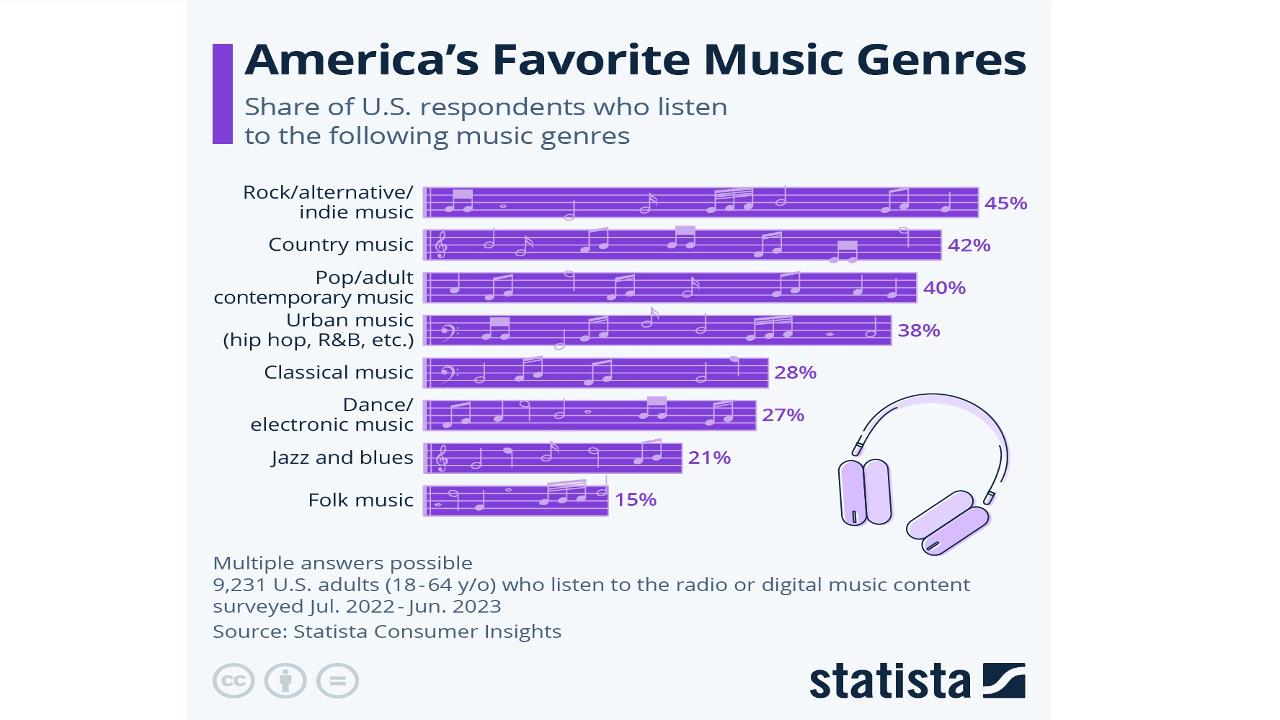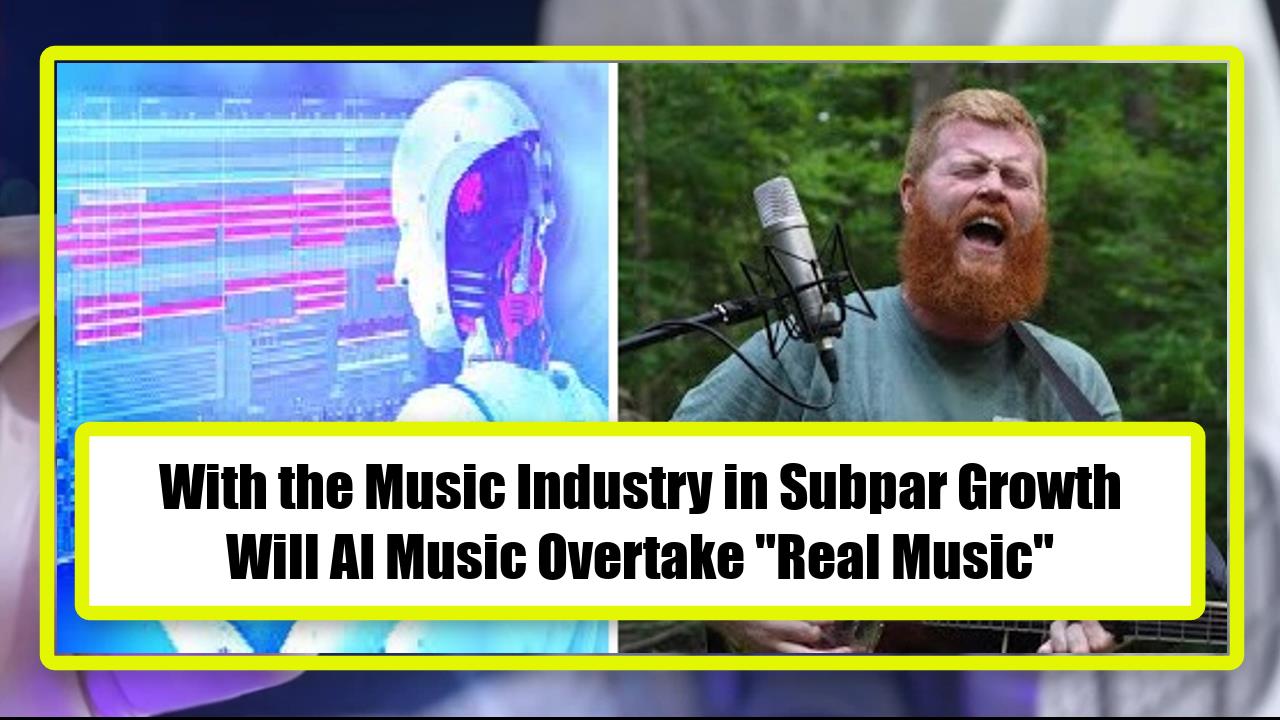Video:
Take our online poll:
AI Analysis:
AI is already having a significant impact on the music industry, and its influence is likely to continue growing. Several factors contribute to the ways AI is shaping the music industry and the likelihood of AI dominating it:
Music Creation and Composition: AI can generate music compositions, melodies, and harmonies. It can analyze vast amounts of existing music to understand patterns and create original pieces. While AI-generated music is gaining traction, it often lacks the emotional depth and creativity of human composers.
Personalized Music Recommendations: AI-powered recommendation systems help music streaming services suggest songs, albums, and playlists tailored to individual preferences. This enhances user experience and can lead to increased engagement and loyalty.
Production and Remixing: AI tools can assist in music production by automatically adjusting audio levels, enhancing sound quality, and even remixing tracks. This can save time for producers and artists and lead to more polished results.
Content Creation and Promotion: AI can create compelling music-related content, such as album artwork, music videos, and social media posts. It can also analyze trends to help artists and labels make informed decisions about marketing and promotion strategies.
1) Copyright and Licensing: AI algorithms can help identify and manage copyright infringement by scanning and comparing music samples, reducing legal disputes and ensuring fair compensation for artists.
2) Collaboration and Virtual Artists: AI can facilitate collaborations between artists who are geographically distant, enabling real-time creation and exchange of musical ideas. Virtual artists, driven by AI, might also become more prevalent.
3) Live Performances and Concerts: AI-generated visuals, lighting effects, and stage designs can enhance live performances, creating immersive experiences for audiences. AI might even simulate the performance of certain instruments.
4) Data Analytics and Insights: AI can analyze streaming data, social media engagement, and listener behavior to provide artists and labels with insights into their audience's preferences and habits.
As for the likelihood of AI dominating the music industry, it's important to consider a few points:
1) Creativity and Emotional Connection: While AI can replicate certain musical patterns and styles, it often struggles to capture the emotional depth and creativity that human artists bring to their work. Many aspects of music creation involve intuition, personal experience, and emotion that might remain challenging for AI to replicate convincingly.
2) Human Touch and Uniqueness: The uniqueness of human expression in music is something that's difficult for AI to replicate. Many listeners value the human touch, authenticity, and individuality that artists bring to their work.
3) Collaboration with AI: It's likely that AI will become a tool that artists use to enhance their creative process rather than replace them entirely. Many musicians are already experimenting with AI to augment their work, leading to hybrid human-AI creations.
4) Ethical and Creative Concerns: As AI-generated music becomes more prevalent, there are ethical concerns about attribution, originality, and the role of AI in creative processes. Additionally, there could be a backlash from audiences if they perceive music as becoming overly formulaic and devoid of human expression.
AI will continue to have a profound impact on the music industry, but the likelihood of it completely dominating the industry remains uncertain due to the complex and multifaceted nature of music creation, human emotional connection, and the unique aspects of artistic expression. Collaboration between AI and human musicians is more likely to be the future direction, where technology enhances rather than replaces creativity.
Chart:

References:


Comments